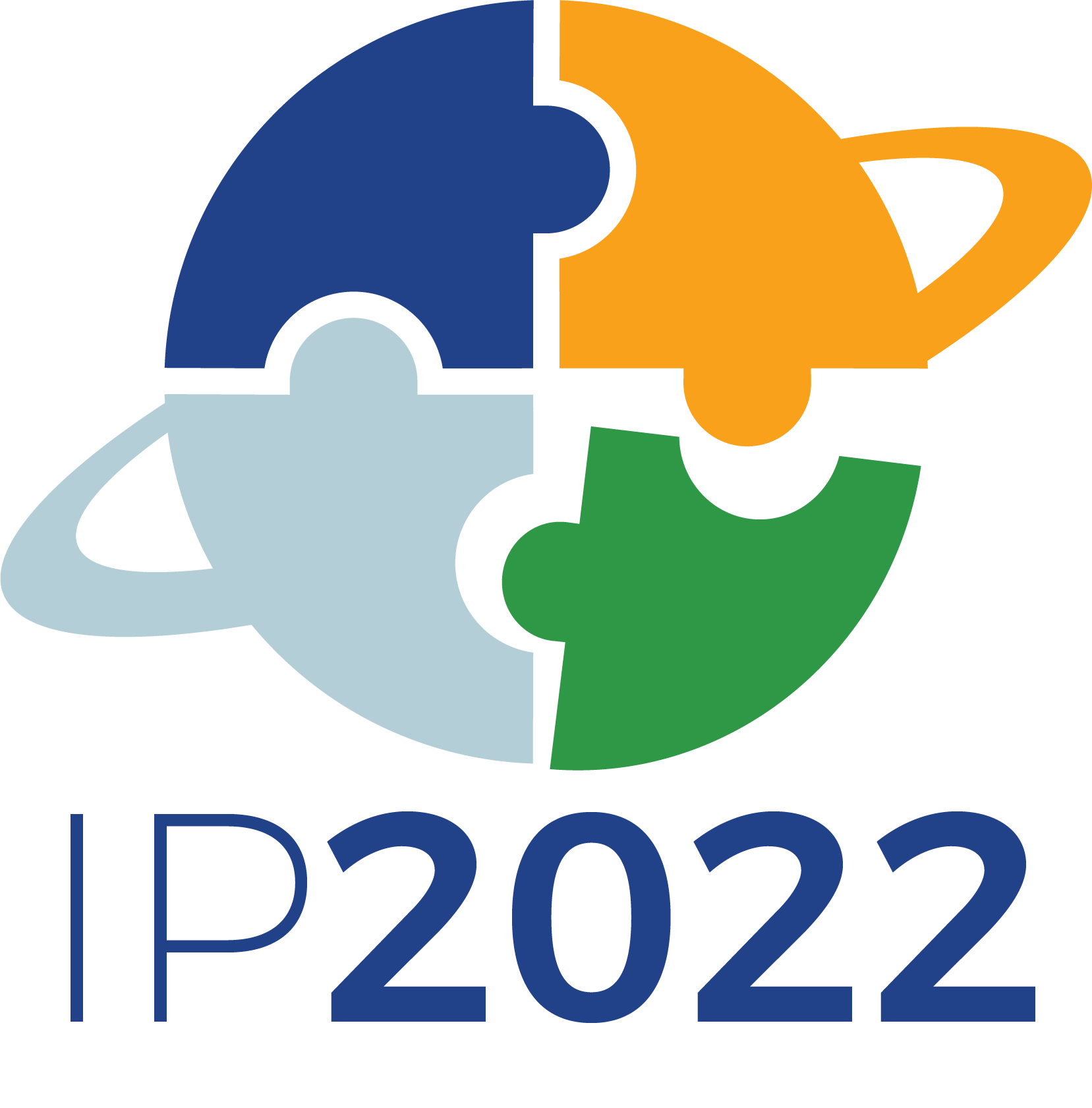Monday, June 27th (9:15-10:15)
Ul. Reymonta 4 (room 015)
Keynote Presenter: Stella Toonen
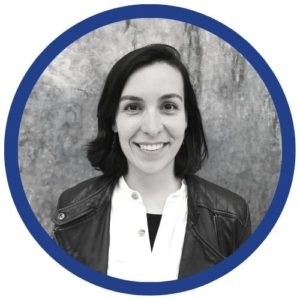 Stella Toonen is a researcher and consultant on democratic engagement practices between institutions and communities. She is currently finalising her PhD research at King’s College London on the topic of co-creation and organisational change in museums, which she has conducted in collaboration with Tate Modern in London, the Whitworth Art Gallery in Manchester, and Queens Museum in New York. In addition to her PhD work, she teaches at King’s College London and is a freelance consultant, trainer and producer who helps museums, arts institutions and policy organisations to strengthen their collaborative work with communities.
Stella Toonen is a researcher and consultant on democratic engagement practices between institutions and communities. She is currently finalising her PhD research at King’s College London on the topic of co-creation and organisational change in museums, which she has conducted in collaboration with Tate Modern in London, the Whitworth Art Gallery in Manchester, and Queens Museum in New York. In addition to her PhD work, she teaches at King’s College London and is a freelance consultant, trainer and producer who helps museums, arts institutions and policy organisations to strengthen their collaborative work with communities.
Before starting her PhD, Stella was a producer for learning and public engagement projects at the Imperial War Museum and King’s College London’s Cultural Institute. She also worked on curatorial projects for the Victoria and Albert Museum, Science Museum and British Museum, and worked with the British government’s department for Digital, Culture, Media and Sports on cultural policy research. Next to her day jobs, she ran a career development charity for young cultural professionals, called Young People in the Arts, and currently she is a trustee for Culture24, which organised London’s first city-wide museum night festival, called Emerge Festival.
Tuesday, June 28th (9:15-11:00)
Ul. Reymonta 4 (room 015)
Panelists:
Moderator: Karolina Czerska-Shaw
Widespread citizen participation is often considered as valuable and important for democratic functioning. Yet, on the practical side, engaging all citizens and taking their input into consideration presents many challenges. With the rise of new technologies, a new field of possibilities has opened for democratic participation. From the local to the European level, institutions have notably started investing on the potential of online consultations to involve citizens in addressing present and future challenges for our societies. However, online public consultations still meet significant challenges in terms of effectively reaching out to citizens, building an effective and efficient dialogue, as well as delivering on the desired inclusion of the generally excluded members of our societies. This panel aims to gather different perspectives on the potentials, the challenges and the future prospects of democratic participation. By bringing together scholars, policy-makers and civil society activists working on the topic, this event questions the future of participatory democracy in Europe.

Sponsored by the Europaeum Scholars Programme
Gaëtane Ricard-Nihoul holds a degree in political science from the University of Liège and an MPhil and a DPhil in European politics and society from Oxford University. She was a Member of the Common Secretariat for the Conference on the Future of Europe, former deputy Head of the European Commission Representation in France. From 1999 to 2002, she was in charge of the team for “European and international affairs”, in the cabinet of the Belgian Vice-Prime Minister Isabelle Durant, also Minister for Mobility and Transport. She then joined the European Commission Directorate-General for Education and Culture where she was, among other things, in charge of the accession negotiations with the applicant countries for audiovisual matters. She also assumed the coordination of an interservice group on intercultural dialogue.In 2018, she was seconded to the French Ministry for Foreign Affairs where she successively held the position of Deputy Secretary general for the Citizens’ consultations on Europe and Head of the Citizens’ Conferences Department at the Mission Grand Débat. She then advised the Secretary of State for European Affairs on civil society engagement and citizens’ participation. After she reintegrated the European Commission in Brussels in early 2020 as Deputy Head of the Unit dealing with Citizens’ Dialogues, she subsequently joined the Common Secretariat for the Conference on the Future of Europe, where she is more particularly in charge of the conception and organization of the European Citizens’ Panels.
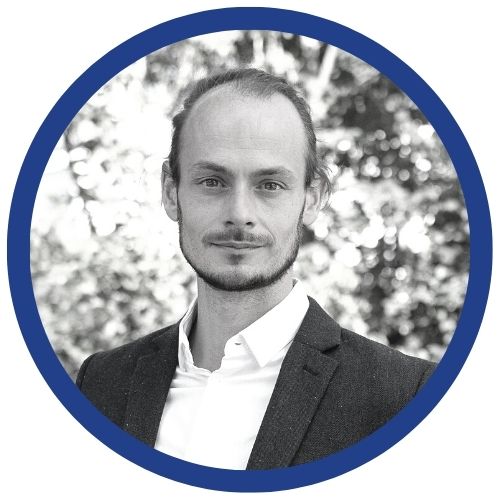 Jakob Ohme is a Senior Researcher at the Weizenbaum Institute for the Networked Society and Postdoctoral Researcher at the Institute for Media and Communication Studies at the Freie Universität Berlin. His research interests center around the impact of digital and mobile communication on news exposure and political behavior with a focus on generational differences in media use and political socialization.
Jakob Ohme is a Senior Researcher at the Weizenbaum Institute for the Networked Society and Postdoctoral Researcher at the Institute for Media and Communication Studies at the Freie Universität Berlin. His research interests center around the impact of digital and mobile communication on news exposure and political behavior with a focus on generational differences in media use and political socialization.
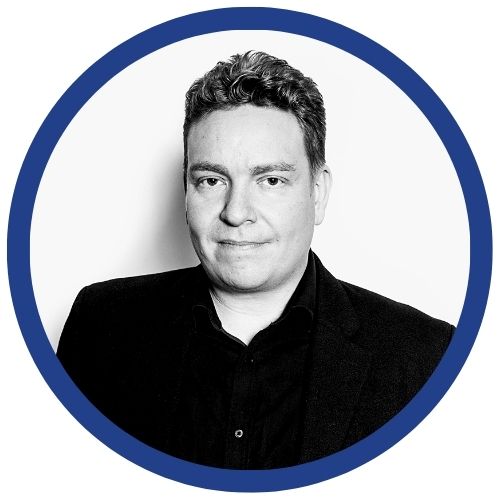 Róbert Bjarnason is a successful entrepreneur that introduced the Web to Iceland in 1993 and in 1995 to Denmark. Before co-founding the Citizens Foundation in the year 2008 he worked in the videogame industry where his teams received many industry awards, including two BAFTA awards.
Róbert Bjarnason is a successful entrepreneur that introduced the Web to Iceland in 1993 and in 1995 to Denmark. Before co-founding the Citizens Foundation in the year 2008 he worked in the videogame industry where his teams received many industry awards, including two BAFTA awards.
Thursday, June 30th (9:30-12:00)
Ul. Reymonta 4 (room 039)
9:30-10:15: Keynote presentation: Democracy, security and solidarity in the face of an authoritarian world.
Presenter: Luke Cooper
10:45-12:00: Roundtable discussion: Democracy and Peace in Times of Dissonance
Discussants
Moderator: Luke Cooper
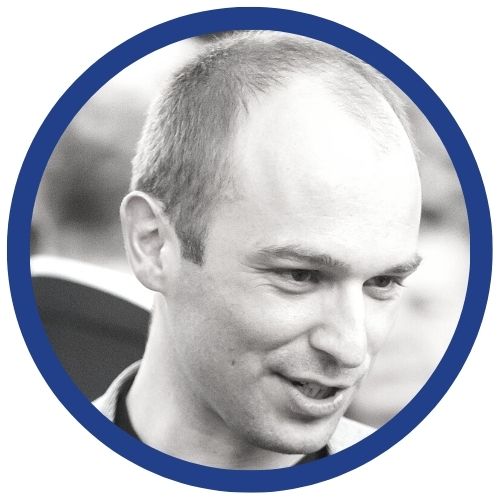 Luke Cooper is Senior Research Fellow at IDEAS, the LSE’s in-house foreign policy think tank. His primary research interests lie in the field of nationalism, historical sociology, authoritarianism and the theory of uneven and combined development, and his work analyses both historical and present-day case studies. He is the author of Authoritarian Contagion; the Global Threat to Democracy (2021) and Authoritarian protectionism in Central, Eastern and South Eastern Europe: diversity, commonality and resistance (2021).
Luke Cooper is Senior Research Fellow at IDEAS, the LSE’s in-house foreign policy think tank. His primary research interests lie in the field of nationalism, historical sociology, authoritarianism and the theory of uneven and combined development, and his work analyses both historical and present-day case studies. He is the author of Authoritarian Contagion; the Global Threat to Democracy (2021) and Authoritarian protectionism in Central, Eastern and South Eastern Europe: diversity, commonality and resistance (2021).
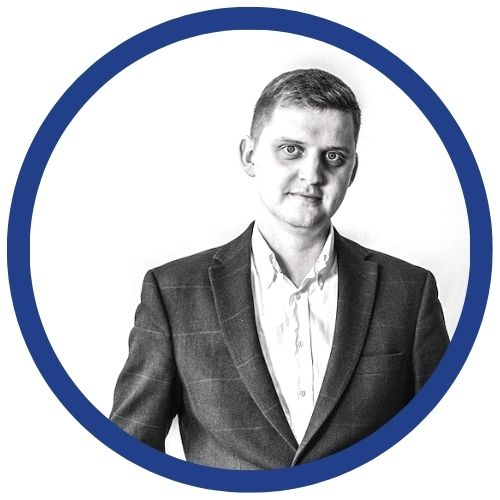 Karol is an educator, peace journalist, and communication strategist. He is CEO at Salam Lab. Provides global education, media and social media training. He deals with communication strategies of social and fundraising campaigns in cooperation with numerous Non Governmental and Political Organizations. For the past 8 years he has been involved in work with people on the move and forced migration. He has lobbied for creating a developed migration policy in Poland and EU as a member of A World of Neighbours Network. He is a trainer at National Democratic Institute on fundraising and community organizing. He wrote a doctoral dissertation on Arabic philosophy and bridges Greek and Arab cultures in the Middle Ages as part of the Artes Liberales Academy, Warsaw. He studied at the University of Rochester and Ludwig-Maximilians-Universität in Munich as a visiting student. Currently, he lectures on Islamophobia and Politics of Fear at the Department of Comparative Civilization Studies at the Jagiellonian University and teaches ethics and global education at the Mikołaj Rej Primary School in Krakow.
Karol is an educator, peace journalist, and communication strategist. He is CEO at Salam Lab. Provides global education, media and social media training. He deals with communication strategies of social and fundraising campaigns in cooperation with numerous Non Governmental and Political Organizations. For the past 8 years he has been involved in work with people on the move and forced migration. He has lobbied for creating a developed migration policy in Poland and EU as a member of A World of Neighbours Network. He is a trainer at National Democratic Institute on fundraising and community organizing. He wrote a doctoral dissertation on Arabic philosophy and bridges Greek and Arab cultures in the Middle Ages as part of the Artes Liberales Academy, Warsaw. He studied at the University of Rochester and Ludwig-Maximilians-Universität in Munich as a visiting student. Currently, he lectures on Islamophobia and Politics of Fear at the Department of Comparative Civilization Studies at the Jagiellonian University and teaches ethics and global education at the Mikołaj Rej Primary School in Krakow.
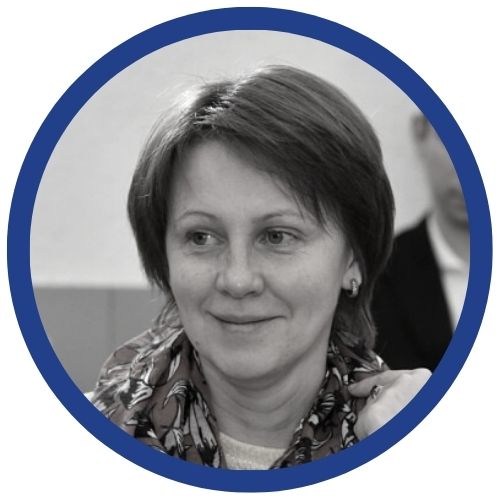 Yulia Kazdobina is the head of the Ukrainian Foundation for Security Studies. She holds an MA in International and Area Studies from Brigham Young University and an MA in Political Science (International Relations) from the University of Rochester. She heads a small non-governmental think tank working primarily in the area of information security and Russian influence operations. Yuliya’s research interests include Russian influence, digital media and their impact on domestic and foreign policy, domestic sanctions regulation, Russian strategy in the current conflict. Before July 2014, Julia had worked as an analyst for the US Embassy in Kyiv. She has published in the Ukrainska Pravda, Evropeyska Pravda, Dzerkalo Tyzhna, Krym Realii, Day newspaper, Ukraine Analityka, Baltic Rim Economies, etc. Former Advisor to the Information Policy Minister of Ukraine (2016-2019), Yuliya coordinated the drafting of the government information strategy for Crimea, adopted in December 2018. Yuliya was actively involved in the formation of the Crimea Platform Expert Network.
Yulia Kazdobina is the head of the Ukrainian Foundation for Security Studies. She holds an MA in International and Area Studies from Brigham Young University and an MA in Political Science (International Relations) from the University of Rochester. She heads a small non-governmental think tank working primarily in the area of information security and Russian influence operations. Yuliya’s research interests include Russian influence, digital media and their impact on domestic and foreign policy, domestic sanctions regulation, Russian strategy in the current conflict. Before July 2014, Julia had worked as an analyst for the US Embassy in Kyiv. She has published in the Ukrainska Pravda, Evropeyska Pravda, Dzerkalo Tyzhna, Krym Realii, Day newspaper, Ukraine Analityka, Baltic Rim Economies, etc. Former Advisor to the Information Policy Minister of Ukraine (2016-2019), Yuliya coordinated the drafting of the government information strategy for Crimea, adopted in December 2018. Yuliya was actively involved in the formation of the Crimea Platform Expert Network.